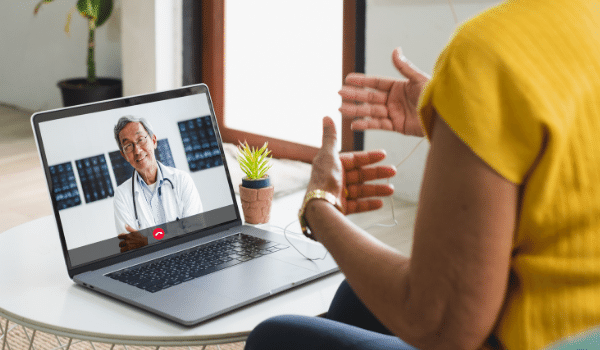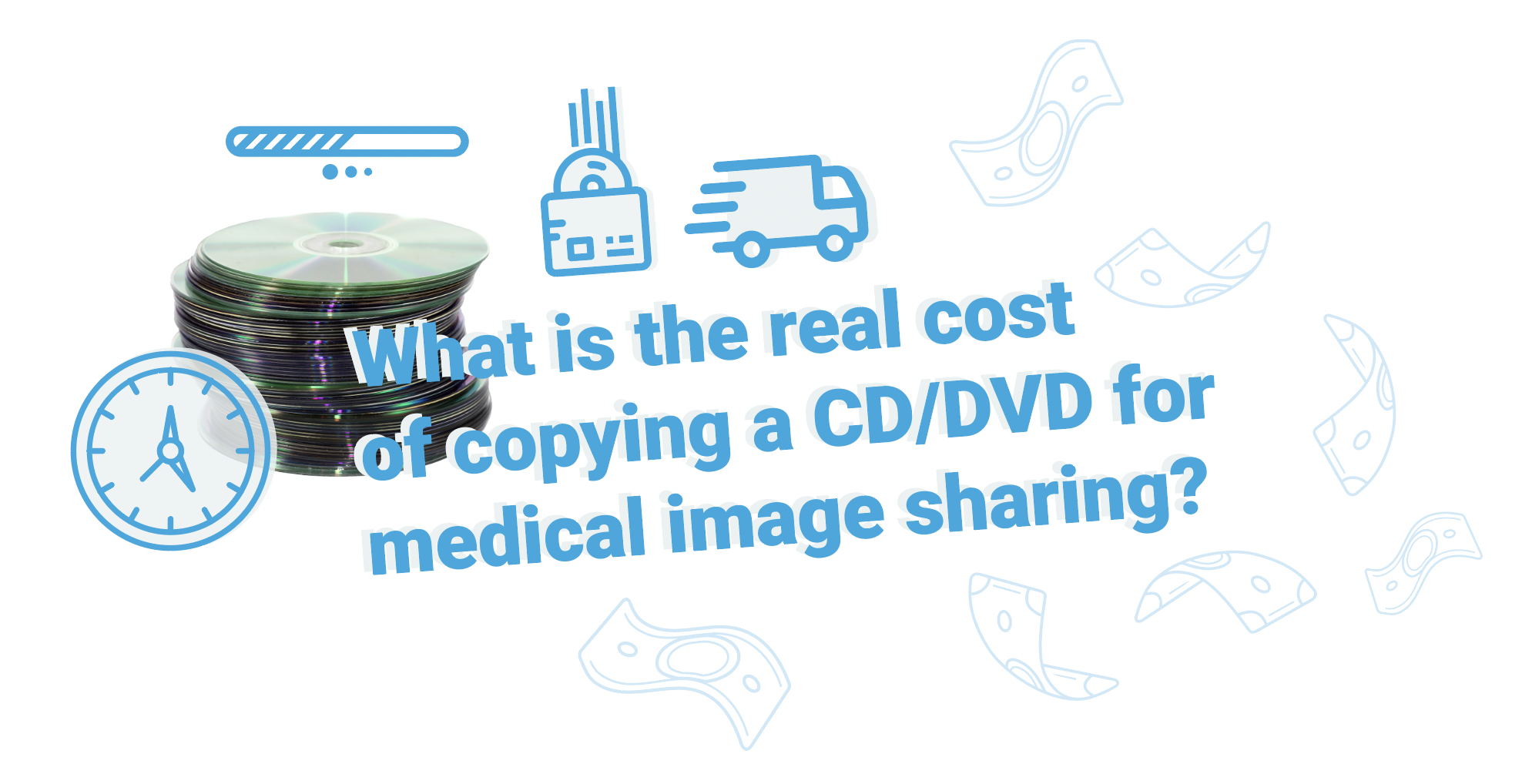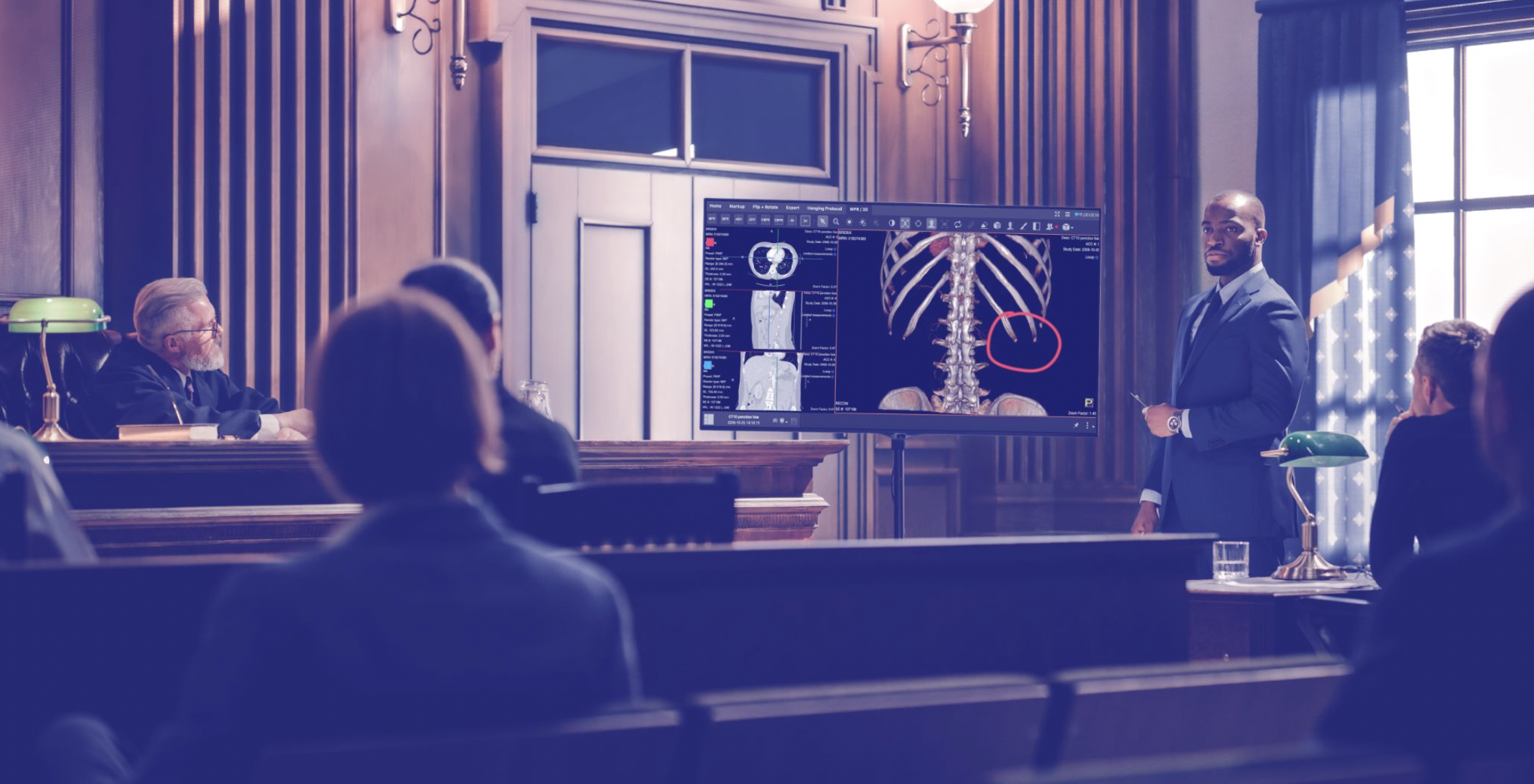In personal injury and medical malpractice litigation, a picture tells a thousand words but a DICOM image can include data from thousands of pictures. Whether going to trial or generating evidence to support a fast settlement, it can be important for attorneys to have a strong grasp on the underlying medical injury. Whether it’s a judge or jury, providing a clear picture of the injury can make or break your case.
Most lawyers are not medical doctors and often require consultation with a medical expert. The attorneys we work with stress the importance of having experts involved early to help them understand nuances associated with the injury in question and the determination of its cause.
Most experts expect to see the original DICOM imaging, understanding that this is the highest quality and most authentic information they could have to form their opinion. If you’re wondering why you shouldn’t just use a much simpler photograph or JPG image, check out the blog, “The Visual Verdict: DICOM vs. JPG Images in Legal Proceedings.”
Due to the size of these DICOM images, sharing them with experts is slow, error-prone, and expensive.






